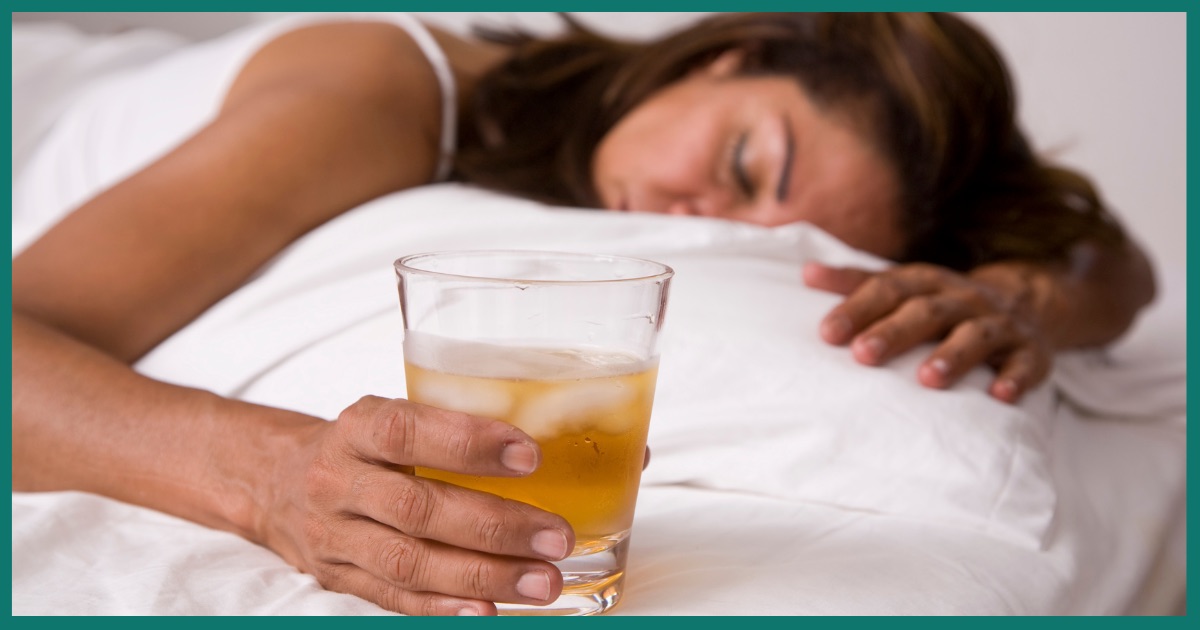Beyond Labels: Why You Don't Need to Hit 'Rock Bottom' to Change Your Drinking
By Sophie Solmini
Founder, ICADC, MATS, NCRC

Clinical Context: This article is reviewed by a Certified Alcohol and Drug Counsellor. It provides educational information and is not a substitute for professional medical advice.
We all have a picture in our heads of what “rock bottom” looks like. It’s the stuff of movies and dramatic TV shows: losing the job, the family, the house. It’s a moment of total collapse, a catastrophe so undeniable that the person has no choice but to seek help.
Because this image is so powerful, countless people who are struggling with alcohol tell themselves the same lie every day: “I’m not that bad. I haven’t hit rock bottom.” They use their functioning life as evidence that their drinking isn't a 'real' problem.
This is one of the most dangerous myths in recovery. Waiting for a catastrophe is not a strategy; it’s a gamble with your health and happiness. At Heal@Home, we help Canadians who are nowhere near a dramatic collapse but know in their gut that something needs to change. You don’t have to lose everything to want something better. In fact, the best time to change is long before you hit the bottom.
The Dangerous Myth of 'Rock Bottom'
Where did this idea come from? It's woven into our cultural storytelling. While some recovery journeys do begin after a major crisis, the belief that you must hit a low point is incredibly damaging.
- It Encourages Passivity: Waiting for a rock bottom means you are a passenger in your own life, waiting for a crash. Proactive change, however, puts you in the driver's seat.
- The Bottom Keeps Getting Lower: What someone considers 'rock bottom' can change. What was unacceptable a year ago might become the new normal. The floor, it turns out, can have a basement.
- It Invalidates Your Struggle: The myth makes you feel like your problem isn't "real enough" to deserve help. This creates a cycle of shame and silence that allows the problem to grow.
- It Ignores the Real Pain: The true cost of problematic drinking isn't just the big, dramatic losses. It's the slow, daily erosion of your peace, your energy, and your relationships.
The Quiet Turning Point: Recognizing Your 'High Bottom'
Most people don't experience a sudden crash; they experience a slow fade. They are still succeeding at work and managing family life, but they are paying a high internal price. This is often called a 'high bottom.' See if any of these quiet turning points feel familiar:
- You're constantly tired. You get enough hours of sleep, but you never feel truly rested because alcohol is disrupting your sleep quality. You're wired but tired, needing caffeine to start and alcohol to stop.
- Anxiety is your new normal. You feel a low-grade hum of anxiety or dread, especially in the mornings, that you try to manage with your evening drinks, creating a vicious cycle.
- You break promises to yourself. You confidently tell yourself “just one tonight,” but that rule is broken more often than it's kept, eroding your self-trust.
- It takes up too much mental energy. You find yourself thinking about drinking, planning your drinking, or recovering from drinking far more often than you'd like to admit.
- You feel a disconnect. There's a growing gap between the successful, capable person you present to the world and the secret struggle you manage at home.
The Best Time to Act is When You Have the Most to Lose
Ironically, the belief that you have to lose it all is what can eventually make you lose it all. The 'high bottom' is the absolute best time to seek help, because you are making a choice from a position of strength, not desperation.
This is where a modern, medical approach can be a perfect fit. You don't need a drastic, life-uprooting intervention. You need a precise, private tool that helps you regain control. At Heal@Home, we provide this. Our virtual programs, often using Medication-Assisted Treatment like The Sinclair Method, are designed for people who want to change their drinking without blowing up their lives. It’s a confidential, medical approach that empowers you to get ahead of the problem and meets you where you are, whether your goal is to cut back or to stop completely.
How to Take the First Step (Without Blowing Up Your Life)
Choosing to act before you hit a crisis is a sign of profound self-awareness and strength. Here are some small, powerful first steps:
- Gather Your Own Data: For one week, track your drinking without judgment. Just write it down. Seeing the reality on paper can be a powerful motivator.
- Confide in One Person: Choose one trusted, non-judgmental friend or family member and tell them you’re concerned about your drinking. Saying it out loud can break the cycle of secrecy.
- Explore Your Options Anonymously: In Canada, there are incredible, confidential resources available. For example, services like ConnexOntario provide a free, 24/7 helpline and information service for people dealing with addiction problems in Ontario. It's a fantastic, pressure-free way to learn about the support systems available near you.
You Get to Define Your Turning Point
You don't need a catastrophe to justify your desire for a better life. The moment you decide that 'just functioning' isn't good enough anymore is your turning point. Contact Heal@Home for a confidential chat about our approach. Call us at 647-545-6751 or visit us online today.
Interested in our Program?
Our team provides a private, 12-week protocol designed to help you regain control from home.
Speak with our Team